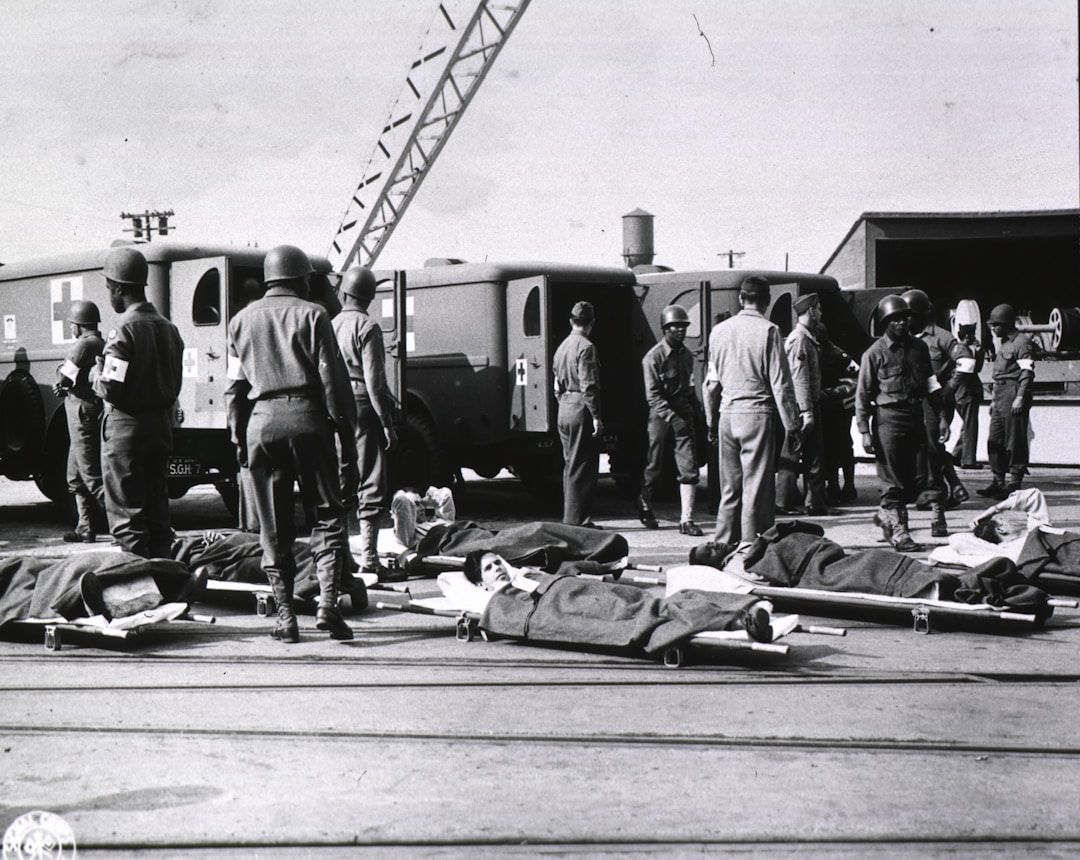
Fourth Week of Lent
Why Do We Need Confession?
In order to understand why we need Confession, we must recall the situation that makes spiritual warfare necessary to begin with. The Catechism lays this out in paragraphs 407-409:
By our first parents' sin, the devil has acquired a certain domination over man, even though man remains free. Original sin entails "captivity under the power of him who thenceforth had the power of death, that is, the devil" (Council of Trent)...
"The whole of man's history has been the story of dour combat with the powers of evil, stretching, so our Lord tells us, from the very dawn of history until the last day. Finding himself in the midst of the battlefield man has to struggle to do what is right, and it is at great cost to himself, and aided by God's grace, that he succeeds in achieving his own inner integrity." (Gaudium et spes 37)
By our first parents' sin, the devil has acquired a certain domination over man, even though man remains free. Original sin entails "captivity under the power of him who thenceforth had the power of death, that is, the devil" (Council of Trent)...
"The whole of man's history has been the story of dour combat with the powers of evil, stretching, so our Lord tells us, from the very dawn of history until the last day. Finding himself in the midst of the battlefield man has to struggle to do what is right, and it is at great cost to himself, and aided by God's grace, that he succeeds in achieving his own inner integrity." (Gaudium et spes 37)

Original sin means that all of us, individually and collectively, were held captive by sin and the Devil. Thankfully, Jesus declared war on Satan, defeated him through the Cross and Empty Tomb, and sets us free from his domination through our Baptism. But this life remains a struggle because we are still subject to concupiscence, or disordered desires, which lead us from temptation into sin. Christ has already won the victory and Baptism cleansed us of original sin, but we still commit sins in our daily lives. We can only become holy by fighting temptation with God's help. Practically speaking, this is going to involve failures from which we have to recover in order to improve.
Think of it another way: soldiers put themselves in danger on a battlefield. They may receive minor wounds that require medical attention but do not endanger their lives. At other times they may receive serious, life-threatening wounds that require intensive treatment to heal. Venial sins produce minor wounds in our souls. Mortal sins put our souls in danger of death. But how can we receive healing?
Think of it another way: soldiers put themselves in danger on a battlefield. They may receive minor wounds that require medical attention but do not endanger their lives. At other times they may receive serious, life-threatening wounds that require intensive treatment to heal. Venial sins produce minor wounds in our souls. Mortal sins put our souls in danger of death. But how can we receive healing?

That's where Confession comes in. Also called the Sacrament of Penance and Reconciliation, it's God's way of healing our spiritual wounds and strengthening us to keep fighting the good fight. We confess our sins to a priest acting in the person of Christ (in persona Christi), through whom Jesus gives us his grace and mercy. He also repairs the spiritual damage we have done to our fellow members of the Church, our brothers and sisters in arms.
If the Church is a field hospital, to use Pope Francis' memorable phrase, then priests are the medics working on the spiritual battlefield. Hadn't we better take advantage of their healing gifts?
If the Church is a field hospital, to use Pope Francis' memorable phrase, then priests are the medics working on the spiritual battlefield. Hadn't we better take advantage of their healing gifts?
Grant, O Lord, that we may begin with holy fasting this campaign of Christian service, so that, as we take up battle against spiritual evils, we may be armed with weapons of self-restraint.
This collect prayer begins the Mass for Ash Wednesday, the first day of Lent. Jesus is calling us to "take up battle against spiritual evils." We'll explore fasting itself in a few weeks; during the week of Ash Wednesday, we're going to dig into an important set of weapons the Lord gives us to fight evil: sacramentals.
What's a sacramental? Well, if you attend Mass on Ash Wednesday, you're probably going to receive one on your forehead.
This collect prayer begins the Mass for Ash Wednesday, the first day of Lent. Jesus is calling us to "take up battle against spiritual evils." We'll explore fasting itself in a few weeks; during the week of Ash Wednesday, we're going to dig into an important set of weapons the Lord gives us to fight evil: sacramentals.
What's a sacramental? Well, if you attend Mass on Ash Wednesday, you're probably going to receive one on your forehead.

A Ministry of Our Lady of the Lake Catholic Church
480 152nd Avenue, Holland, MI 49424
lanecatholic@oll.org
Privacy Policy and Terms of Use
Copyright © 2026